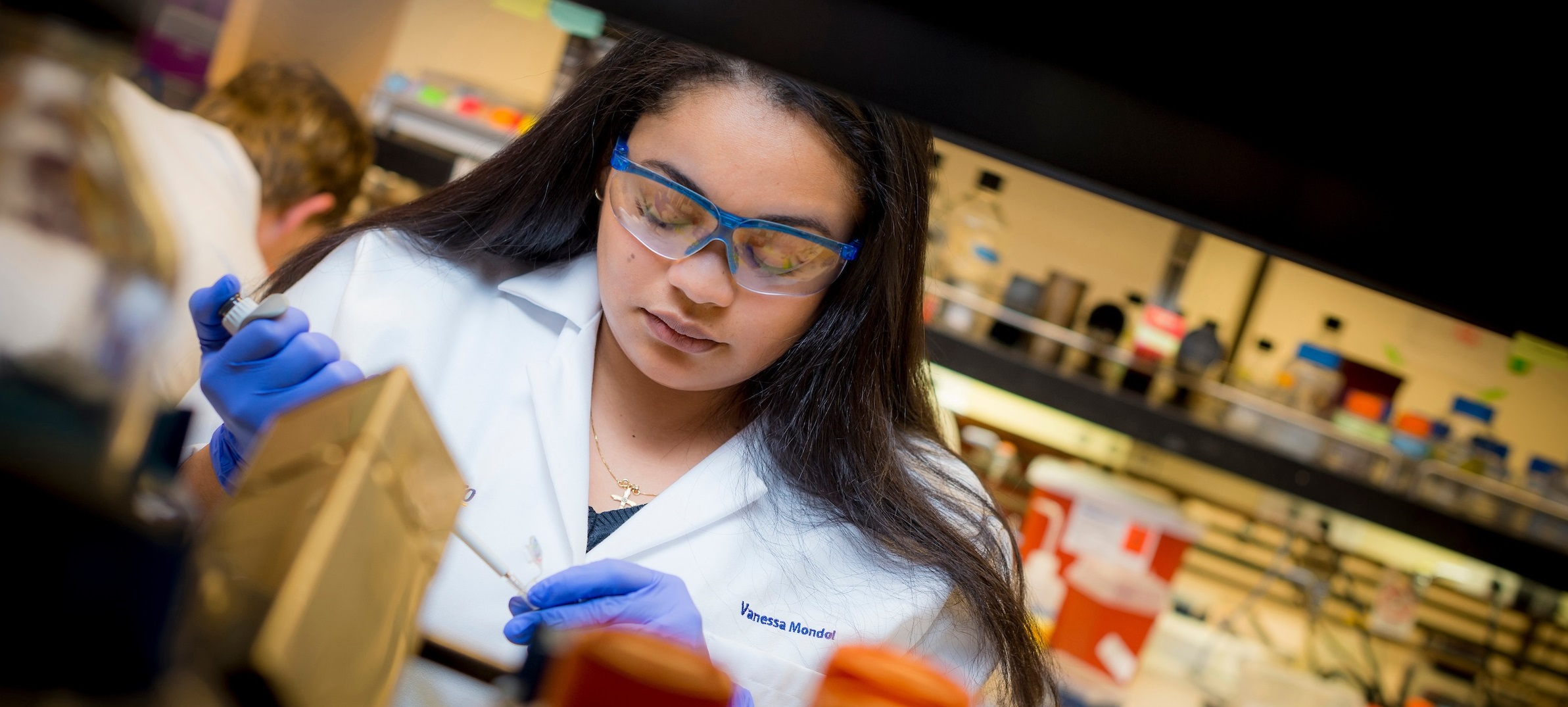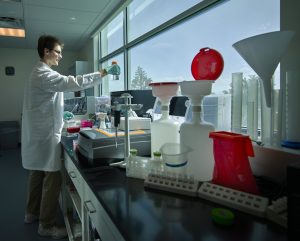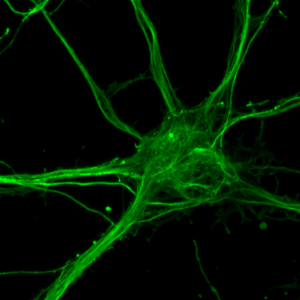Establish a connection with the faculty member whose laboratory you would be planning to work in. In preparation, you should gather as much knowledge about the laboratory and the research conducted there as possible. You may use their website if available and consult publications from the research of the lab.
- You may approach faculty members whose courses you have taken. To get to know faculty members, show up to their office hours with questions, join smaller group sessions if such exist, and participate in class interactions.
- Note that general and unspecific emails to many faculty members are unlikely to yield results. In your contact with the faculty member you would like to work with, be specific as to why you are interested in their lab and their work.
- In your communication with the faculty member, use professional language, and fully edit your email and other documents you might be sharing. It’s always a good idea to have someone with excellent writing skills to edit and review before sending anything. The Writing Hub is also a great place to get assistance in editing and review.
- It is to your benefit to put more efforts into proposals for three labs that are detailed, specific, and well-edited, than sending generic proposals to ten labs. Note that your proposal does not need to be fully developed here, but the faculty member should be able to clearly understand what the topic is, why you are interested, and the basic of how you will investigate the topic.
- Do not write the email like you would write a text or other informal online comment/post. Avoid “hey”, emojis, incomplete sentences or abbreviated words.
- Faculty are often busy and may not be able to reply to your email. In this case, you may try to see them during office hours.


